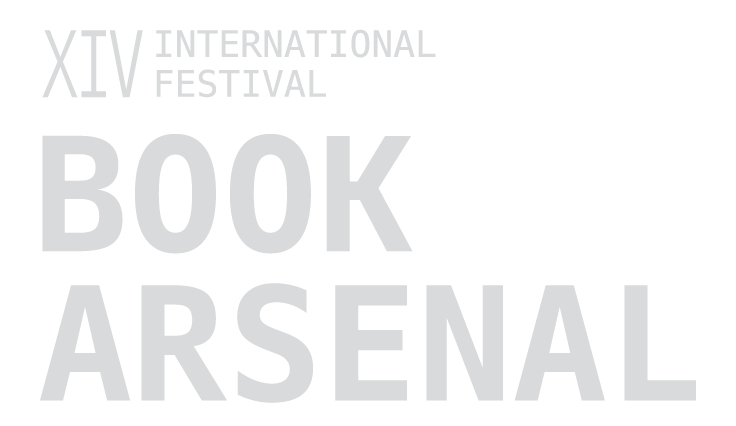What does our voice sound like in times of war? What can it tell us about our past, who we are today, and who we will be in the future?
Do we hear our own voice, and is it heard by others outside Ukraine?
The “hoarse voice of war,” as Hlib Babich called it, is our pain of loss and the inability to be with those dearest to us.
Sometimes our voice breaks and shatters, “as if [language] was hit by a shell,” as Victoria Amelina wrote. So, we keep looking for new words to support, love, and witness.
Sometimes more and more fatigue can be heard in our voice, but we overcome it to speak to the world in the loud and convincing tone of agency.
And we never allow ourselves to be silent because we speak not only for ourselves but also for those who have been deprived of their voices by Russia and those in whom our voice will continue to be heard.
For centuries, the empire pushed us into voicelessness, but finally, we are reclaiming what belongs to us — our names and our voices.
In a special program organized by PEN Ukraine, the voices of our dead poets will resound in the voices of their friends and colleagues during a musical and poetic performance by Olesia Zdorovetska. To amplify our voice, we will combine poetry, music, and singing in a project by Kateryna Kalytko and Mariana Sadovska. We will also talk with foreign intellectuals about the importance of the Ukrainian voice and its reflection in other languages and cultures, while presenting our international projects, such as Dialogues on War, Report from the Future, and Unbreakable Ukrainian Libraries.
At the same time, the program will feature the voices of participants from the Propysy Festival — those who are just entering the literary field and who listen so carefully and sensitively to the voices of authors of previous generations. Their texts are full of bitterness, and they would like to “replace // the word war with many other words // waiting to be uttered.” But it is in their poetry and prose that our voice flows from our past and present to our future.

